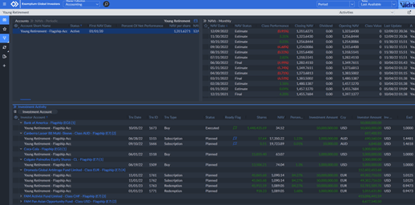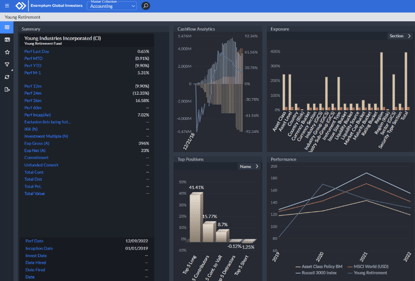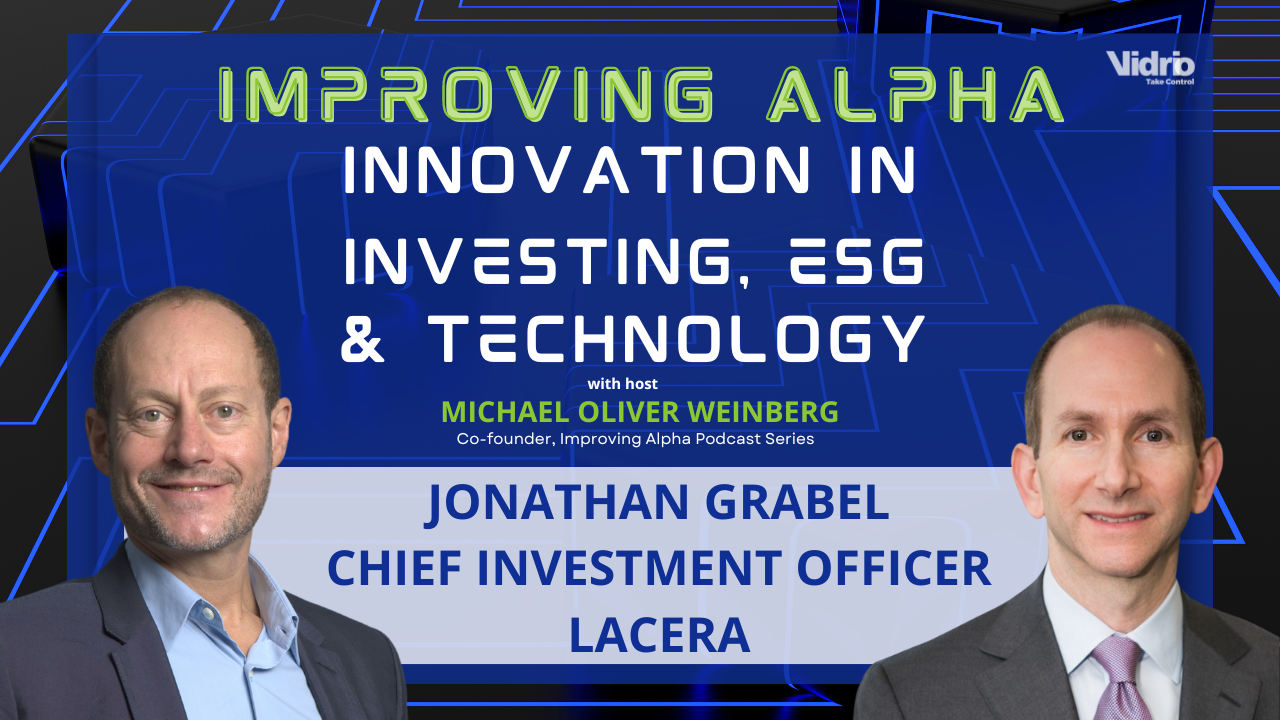Investors need to take note and align themselves with technology partners that constantly evolve to improve due diligence workflows and transparency.
By: David Barry, Director of Marketing, Vidrio Financial
FTX Group, Theranos, Lehman Brothers, Enron - all these names, some more recent than others, have led investors down a scary path as their fraudulent accounting practices have come to light. What makes matters worse, is when the news is made public, these CEOs and founders immediately go catatonic, blaming accounting errors or stolen funds. Coinbase CEO, Brian Armstrong stated the facts quite well regarding the FTX Group/Sam Bankman-Fried fiasco adding, "Even the most gullible person should not believe Sam's claim that this was an accounting error. It's stolen customer money used in his hedge fund, plain and simple."
Where does Shadow Accounting come in?
Shadow Accounting is the practice of maintaining an independent set of fund investment data which can be analyzed for accuracy, typically against an Accounting Book of Record, (ABOR). This process can be outsourced to a third party or performed in-house. Vidrio Financial integrates the methodology of shadow accounting under a single platform, providing the following benefits to strategic allocators:
- Integrating shadow accounting workflows allow the investment team to gain back critical bandwidth across the financial, IT, and HR departments, and reinvest those time savings into portfolio allocation strategies, raising capital and other planning tactics.
- Vidrio provides a three-way reconciliation between the Investment Book of Record, (IBOR) and underlying managers and/or investment consultants, and the portfolio administrators/custodians. Through Vidrio’s shadow-based accounting system we can cover all asset classes and types of investment vehicles.
- In terms of Net Asset Value, (NAV), fees on a portfolio are directly correlated to the portfolio performance. When the IBOR and ABOR match, then both asset owner and asset manager are in harmony, however when discrepancies occur then a lengthier investigation begins sucking more bandwidth from both sides of the equation.
- A high degree of customization through the Vidrio 7 platform on how much or how little the shadow coverage provides throughout reporting. Shadow accounting can provide a good protective layer in minimizing risk; however, it relies on computer science principles of garbage in, and garbage out. Therefore, strategic allocators must be able to verify the data collection and inputs are valid prior to deciding what level of coverage is optimal.
- As more allocators look to increase portfolio returns for their clients, asset managers need to remain competitive to attract their investments. With a shadow accounting infrastructure in place the asset manager has a reliable tool that manages risk and provides quicker verification of portfolio performance.

(Learn more about our latest platform enhancements by scheduling a demo with our team today).
As asset owners research and build their tools to improve due diligence and transparency through the allocation process, many are being asked about the red flags that they see during the evaluation stage. At Vidrio, we put a high value on that question, incorporating it as standard Q&A in our recently launched podcast, Improving Alpha – Innovation in Investing, ESG and Technology. Ben Samild, Deputy CIO, Future Fund, recently served as a prime example in favor of the potential value in shadow accounting. Through his past experiences, he has uncovered dishonest managers and the discrepancies that they ‘conveniently overlook’ between returns and what appears in their pitchbooks.
Unfortunately, while these types of discrepancies still exist today, Vidrio provides clients with the tools to reduce risks and gain higher levels of transparency across their multi-asset portfolios. To listen more to Ben’s commentary check out episode 2 of our Improving Alpha podcast here.
Even in markets where volatility is relatively low and returns are trending higher, allocators want to make sure their investments are accurate, and their initial due diligence workflows have been comprehensive when meeting with potential investment managers.
Avoiding fraud is an ongoing battle and we at Vidrio believe that as data complexity increases, the ability to target events inside an allocator’s portfolio and then develop a timeline to chart returns will help improve transparency around risk, historic exposures, and future attributions.
Furthermore, as regulatory scrutiny continues to build, allocator tools that can help provide a clearer picture of these portfolio elements will greatly reduce incorrect filings and a decline in fines and penalties.







